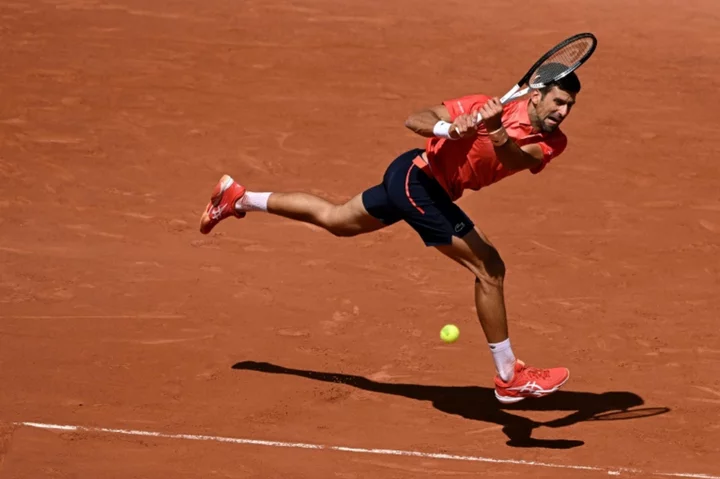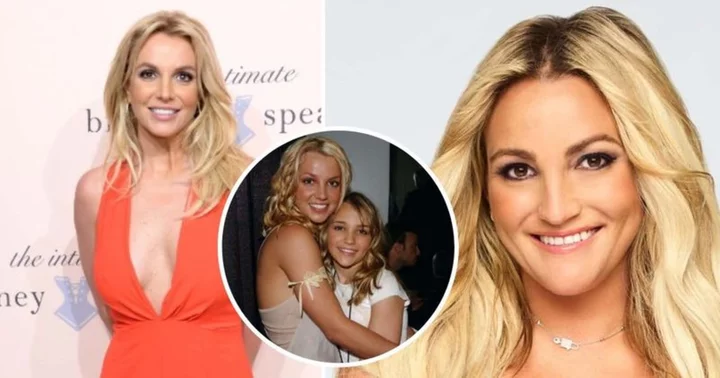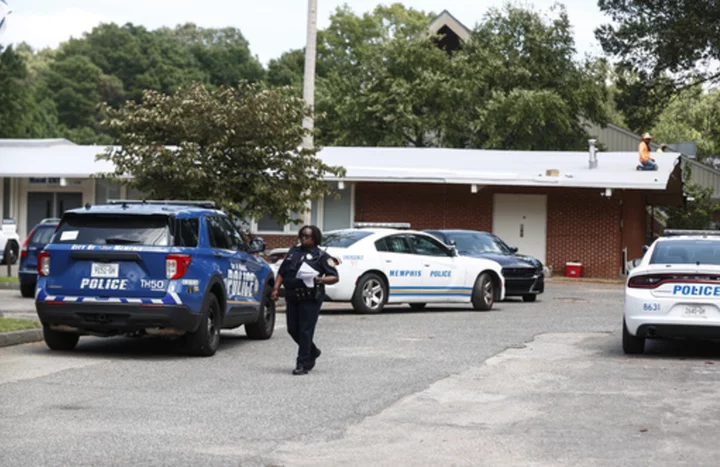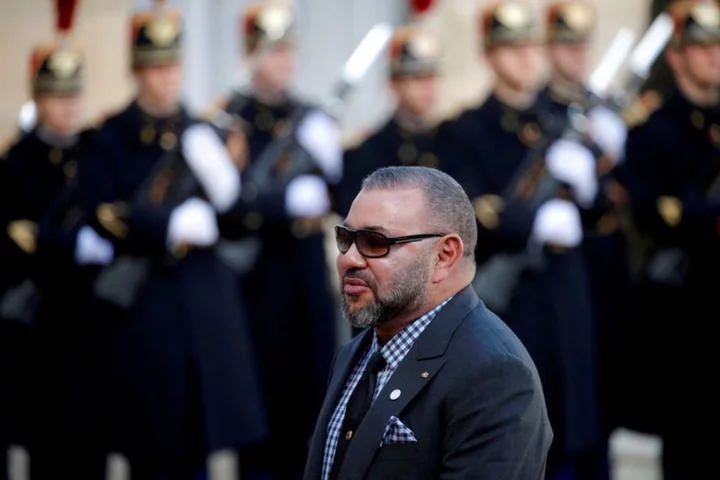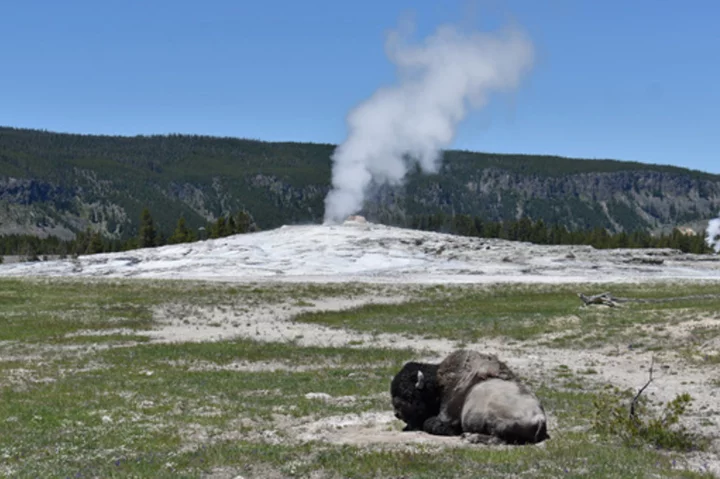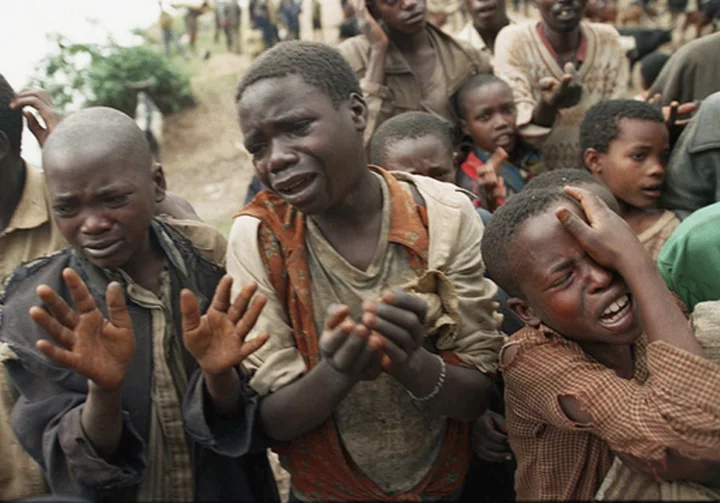US National Security Advisor Jake Sullivan and top Chinese diplomat Wang Yi met in Vienna this week, Washington and Beijing announced Thursday as the two powers seek to maintain communication amid soaring tensions, especially over Taiwan.
Both sides described the previously unannounced meeting in carefully choreographed statements as "candid, substantive and constructive," mirroring one another's language in the tentative, high-level rapprochement.
Topics discussed included the Russian invasion of Ukraine and "cross-Strait issues," according to the White House, referring to Taiwan -- two of the most sensitive subjects in their frosty relationship.
Washington has repeatedly warned China against any military assistance to Russia, and is closely watching its moves over Taiwan -- which Beijing claims as its own territory.
The island lives under the constant fear of a Chinese invasion, and Beijing has stepped up its rhetoric and military activity around it in recent years.
Wang "comprehensively expounded upon China's solemn position" on Taiwan, Chinese state-run news agency Xinhua said, adding the two diplomats "agreed to continue to make good use of this strategic channel for communication."
Washington and Beijing's historically strained relationship has tightened further in recent months as the United States has sought bulwarks against China's increasingly assertive position on the world stage.
But the apparent diplomatic thaw in Vienna is likely to reignite speculation about a potential meeting between Biden and Xi. Asked about the issue Wednesday, Biden said there had been progress.
The two leaders last spoke on the sidelines of the G20 in Indonesia in November 2022.
A planned visit by US Secretary of State Antony Blinken to China earlier this year was canceled after the United States shot down a Chinese balloon it said was conducting surveillance over US territory -- a claim strenuously denied by Beijing.
Just after the February balloon incident, Blinken met with Wang on the sidelines of the Munich Security Conference, during which he warned China not to repeat such an "irresponsible act."
- It takes two -
Wang in turn said that their countries' relations had been damaged by how Washington reacted.
Chinese diplomats have kept up a steady drumbeat of criticism against America, and Xi made a rare direct rebuke of Washington in March, accusing "Western countries led by the United States" of trying to undermine his country.
Biden has said he will not do China any favors in the competition between the two superpowers, but has vowed he would do everything possible to avoid that rivalry descending into conflict.
The United States also asserts that it wants to cooperate with the Asian giant wherever possible, particularly in the fight against climate change, and on healthcare and economic regulation.
Washington hopes to send a high-level economic delegation to China, led by Treasury Secretary Janet Yellen, though no firm dates have been set yet.
Sullivan, in a major speech on April 27, outlined the US strategy to build a "fairer, more durable global economic order" -- and singled China out for mention.
Echoing a phrase coined by European Commission President Ursula von der Leyen, he said US intentions were "for de-risking and diversifying, not decoupling."
"We're looking to manage competition responsibly and seeking to work together with China where we can," he said.
"Managing competition responsibly ultimately takes two willing parties. It requires a degree of strategic maturity to accept that we must maintain open lines of communication even as we take actions to compete."
aue-st/des


